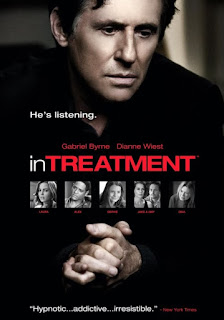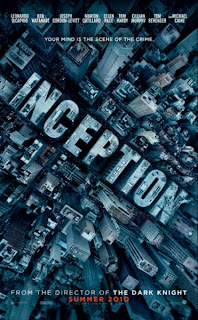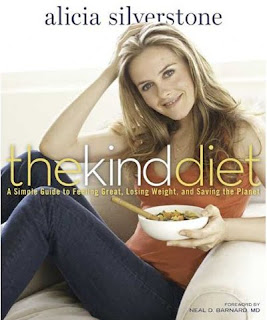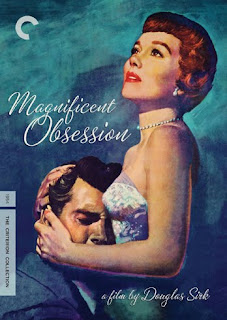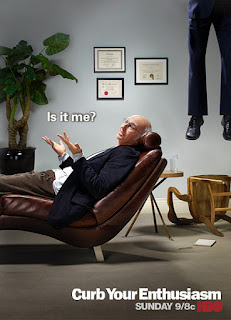 Many people complain when they hear a lead singer from a band is releasing a solo album. People start to wonder if the band is breaking up? Or, if the lead singer has such a huge ego they believe the success rests entirely on their own shoulders. I've felt this way about solo releases from time to time. When I heard Kele, lead singer of British indie band Bloc Party, was releasing a solo album I sighed with distress. Bloc Party's last two albums had been fairly disappointing after the success of Silent Alarm. I worried Kele was going to attempt to remove himself from a band name gone sour, but release the same music.
Many people complain when they hear a lead singer from a band is releasing a solo album. People start to wonder if the band is breaking up? Or, if the lead singer has such a huge ego they believe the success rests entirely on their own shoulders. I've felt this way about solo releases from time to time. When I heard Kele, lead singer of British indie band Bloc Party, was releasing a solo album I sighed with distress. Bloc Party's last two albums had been fairly disappointing after the success of Silent Alarm. I worried Kele was going to attempt to remove himself from a band name gone sour, but release the same music.In the case of The Boxer, Kele needed to release the album under his own name. The sound, lyrics, etc. is not quite Bloc Party music. There is a little less rock aggression to Kele's voice. The dance beats are darker. The lyrics much more personal. There is still the sound of Bloc Party, as Kele's voice is such a distinctive aspect of the band. But, on The Boxer, Kele finds this middle ground of indie pop friendly music not for any average radio station. This is to say, The Boxer has some great singles, but none of them would fair well on pop radio. This is not a bad thing.
"Walk Tall," the first song on the album is very catchy. The song comes closest to anything Bloc Party released as a group. One surprise on the album comes at the third track, "Tenderoni." There is a strong (almost) electronic dance beat taking over the song. With a little remix, this song could be a huge hit for the club scene. (It fails slightly when Kele begins to spell Tenderoni a few times as the song closes... only YMCA, respect, and dance should ever be spelled out in song).
"Everything You Ever Wanted" is the most powerful song on the album. A surprising find on an album called The Boxer. One would expect to find hard, aggressive, closed off lyrics. Someone putting on a show. Instead, we find a fragile fellow singing about the possibilities of a love no longer. "Rise" is the albums biggest surprise. Halfway through the track the song explodes into a powerful dance beat. This is dark dance at its finest.
Throughout The Boxer a female voice is present. In at least half the songs the voice sings equal or more than Kele. I am not certain if this is the same female, or a couple of voices. But, I find this to be an interesting addition to the album. Kele is blending the masculine and the feminine in using 'her' voice equal to his own.
I am surprised at how good this album is, but not overly excited by the entirety of the album. There are weaknesses and mediocre attempts. But, when The Boxer is strong, it punches hard.
B-
